Optimal Timing for Waterproofing Projects
Proper timing for waterproofing projects ensures optimal results and durability. The ideal periods typically depend on weather conditions, temperature, and humidity levels. Conducting waterproofing during favorable weather minimizes the risk of moisture-related issues and enhances adhesion.
Spring offers moderate temperatures and increased rainfall, making it suitable for waterproofing before the heavy summer or winter seasons.
Warm, dry summer days are ideal for waterproofing, especially for exterior applications, as they allow for proper curing and adhesion.
Fall provides cooler temperatures and less humidity, which can be advantageous for sealing and waterproofing projects before winter.
Winter is generally less suitable due to low temperatures, freezing conditions, and high moisture levels that impede proper curing.
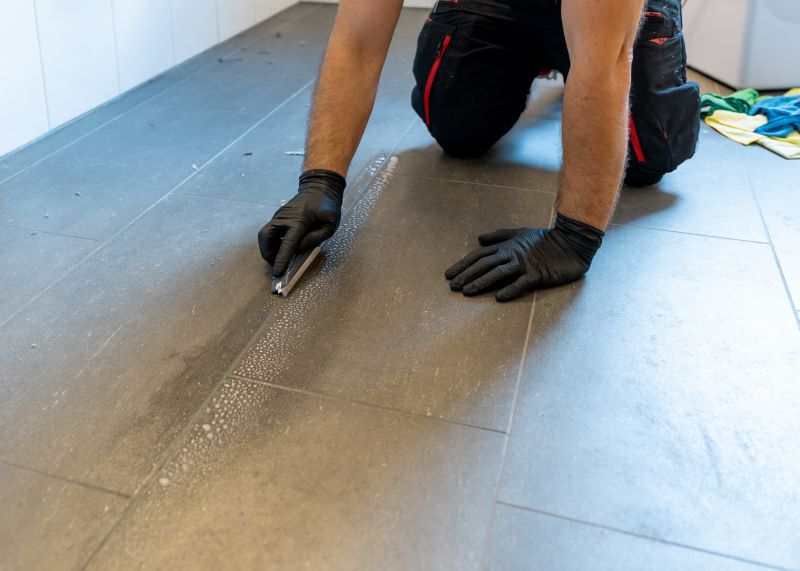
Ways to make Waterproofings work in tight or awkward layouts.
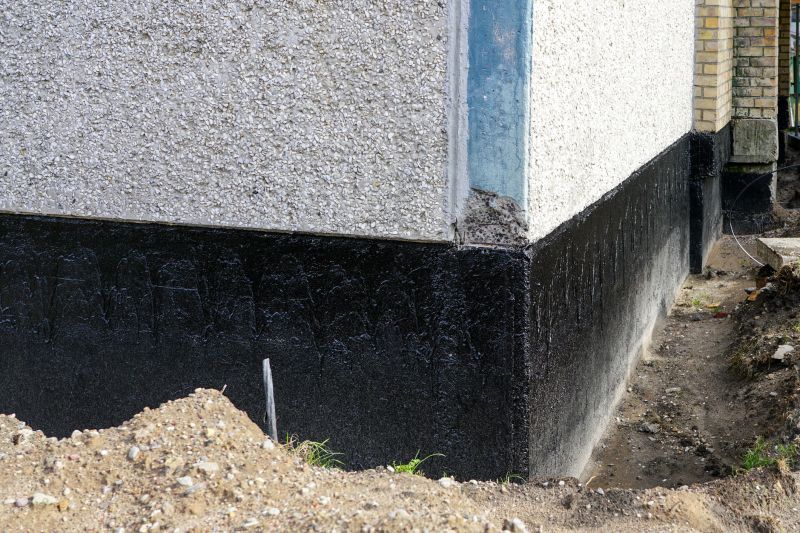
Popular materials for Waterproofings and why they hold up over time.
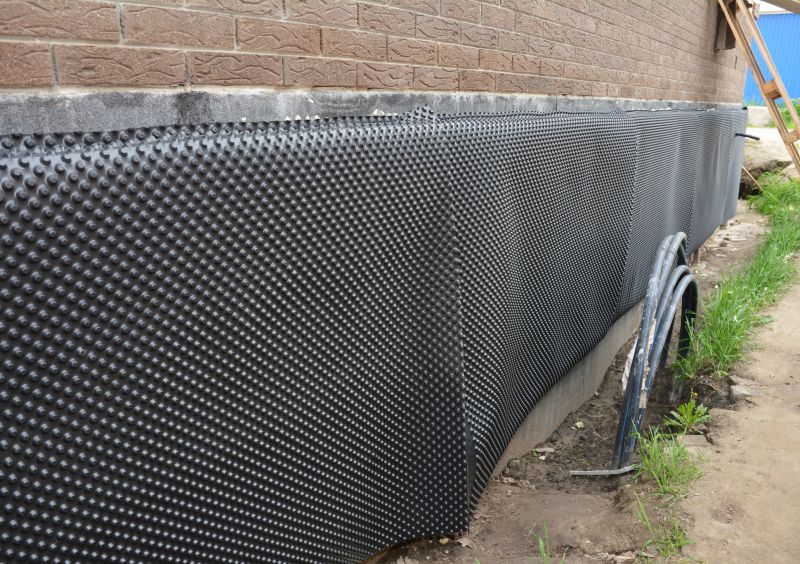
Simple add-ons that improve Waterproofings without blowing the budget.
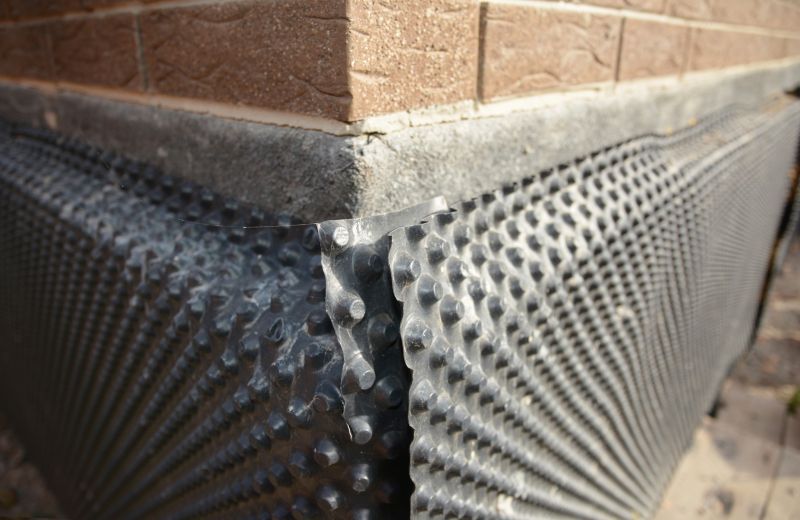
High-end options that actually feel worth it for Waterproofings.
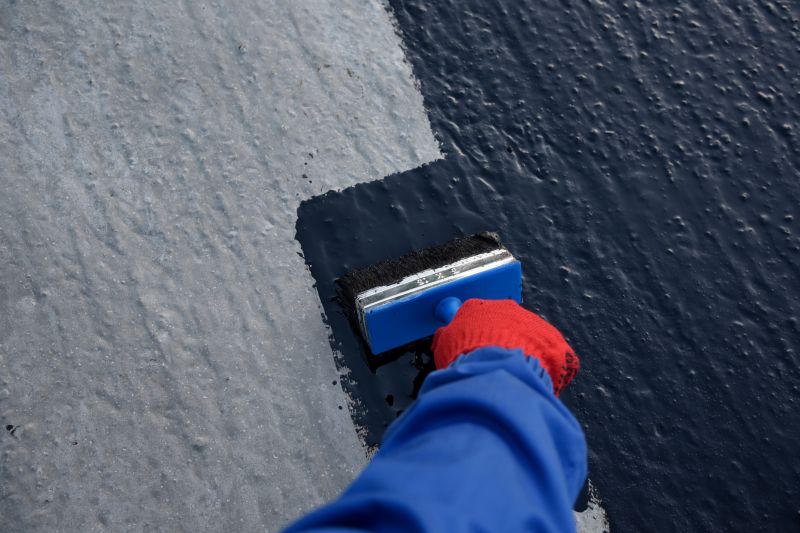
Finishes and colors that play nicely with Waterproofings.
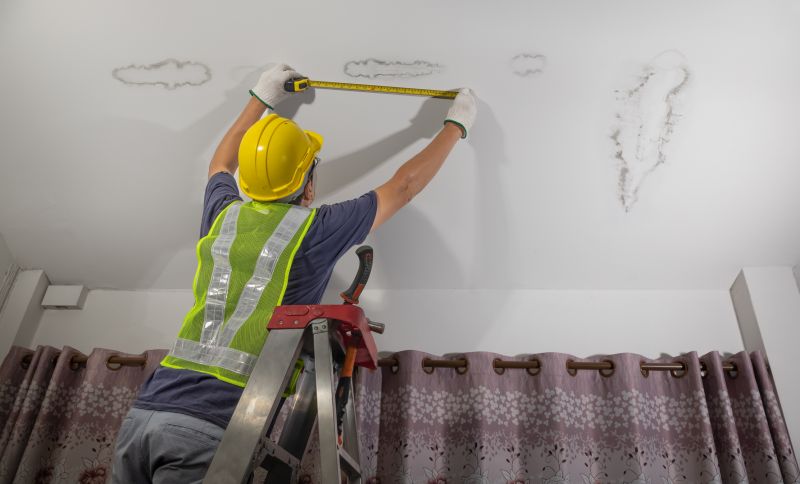
Little measurements that prevent headaches on Waterproofings day.
Waterproofing is a crucial process for protecting structures from water intrusion and damage. It involves applying specialized materials to surfaces such as foundations, roofs, and decks to create a barrier against moisture. Effective waterproofing enhances structural integrity, prevents mold growth, and extends the lifespan of buildings.
Statistics indicate that proper waterproofing can reduce water-related damages by up to 80 percent. It is especially vital in regions with high rainfall or fluctuating temperatures. Timely waterproofing can prevent costly repairs and preserve property value over time.
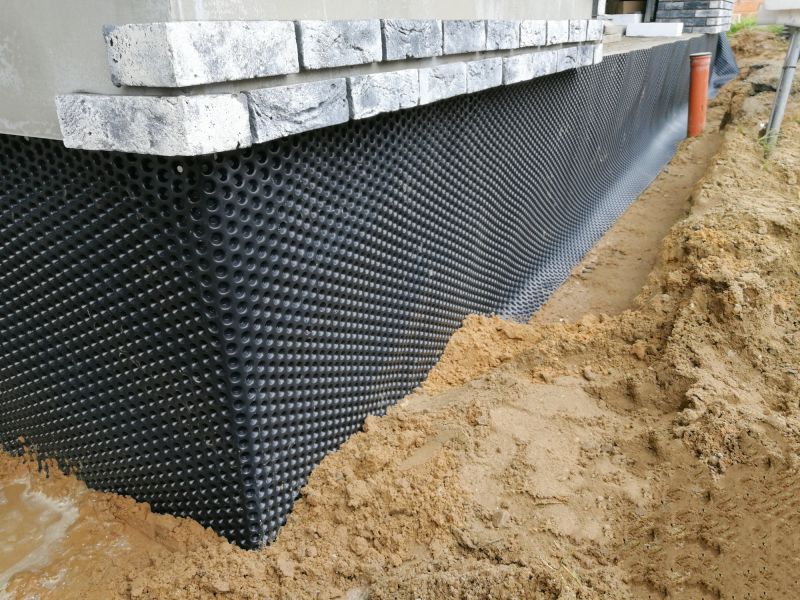
A 60-second routine that keeps Waterproofings looking new.
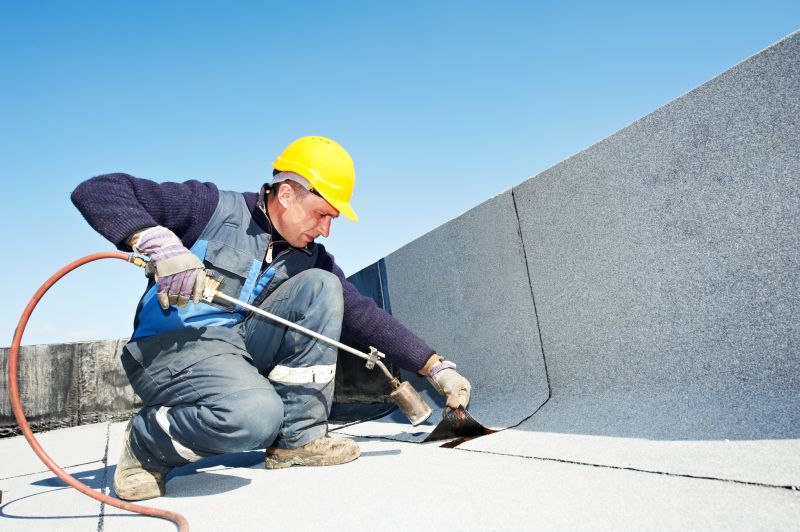
A frequent mistake in Waterproofings and how to dodge it.
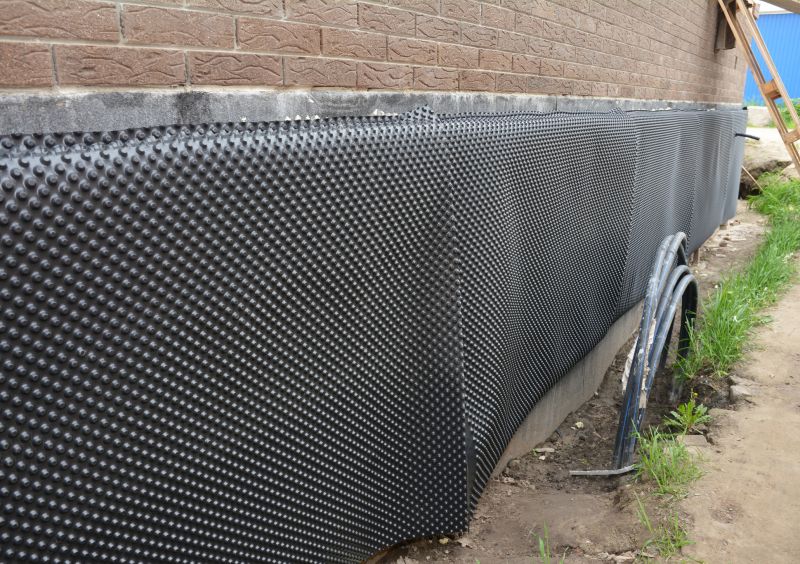
Small tweaks to make Waterproofings safer and easier to use.
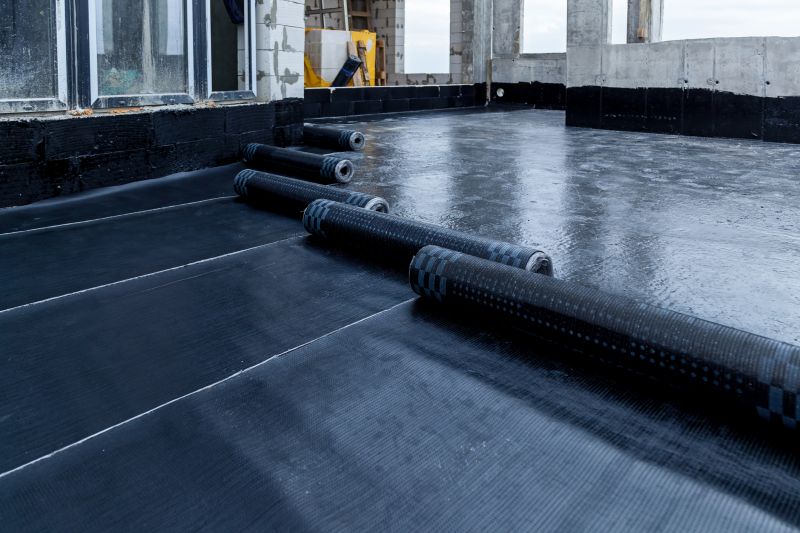
Lower-waste or water-saving choices for Waterproofings.
| Season | Suitable Conditions |
|---|---|
| Spring | Moderate temperatures, increased rainfall |
| Summer | Warm, dry days, good for exterior applications |
| Fall | Cooler temperatures, less humidity |
| Winter | Low temperatures, freezing conditions, generally unsuitable |
Choosing the right time for waterproofing depends on local climate conditions and the specific area of application. Consulting with waterproofing professionals can help determine the optimal schedule for each project, ensuring long-lasting protection.


